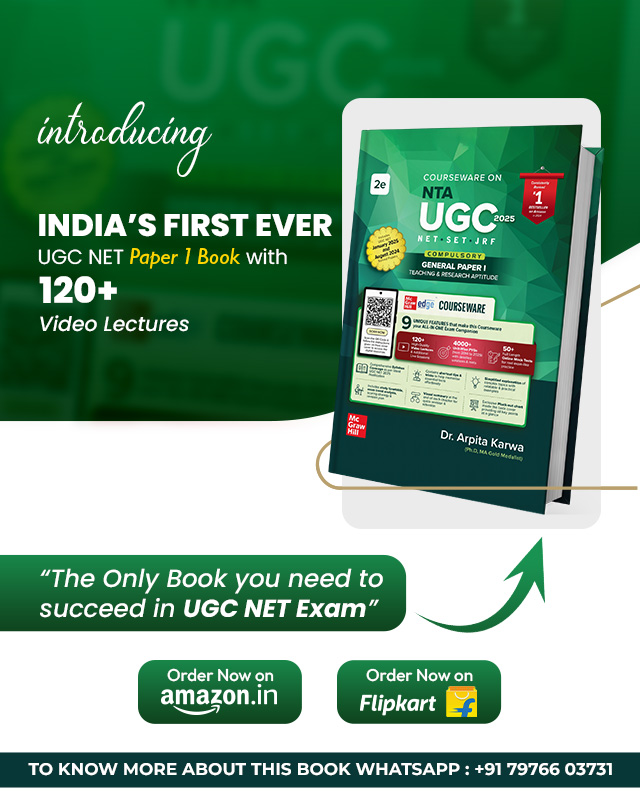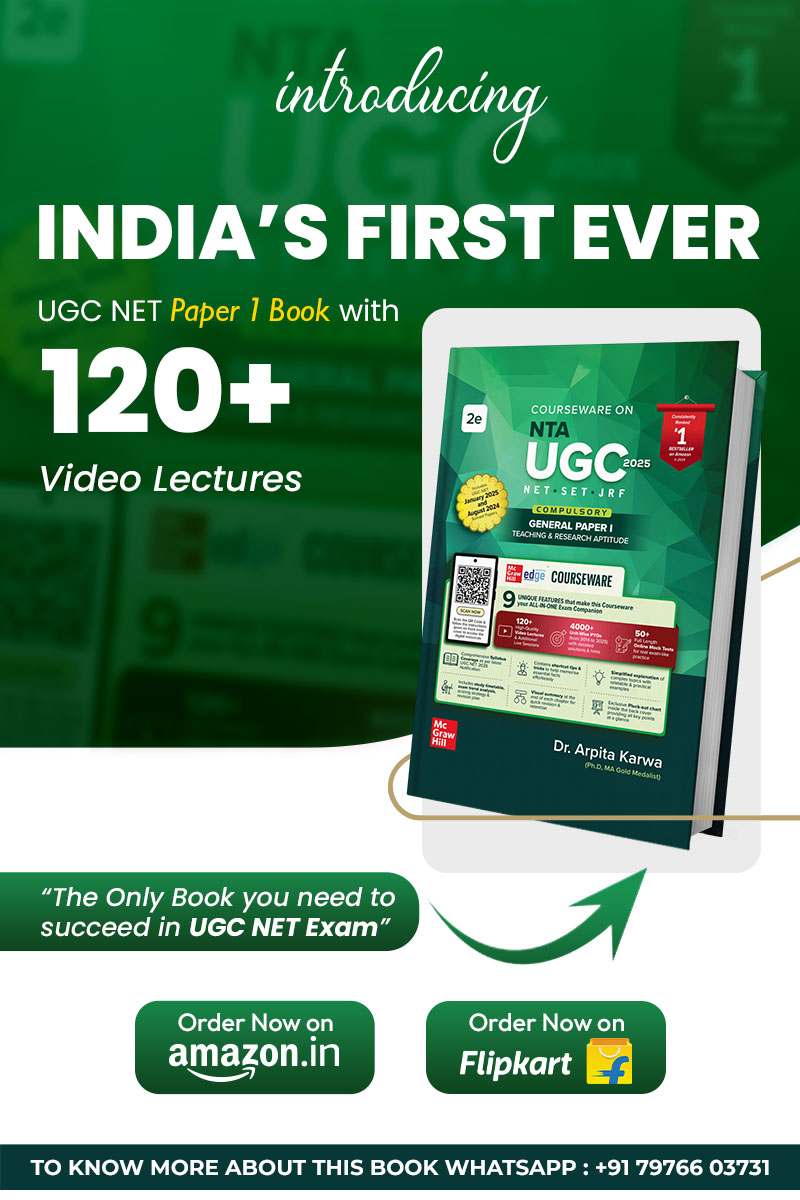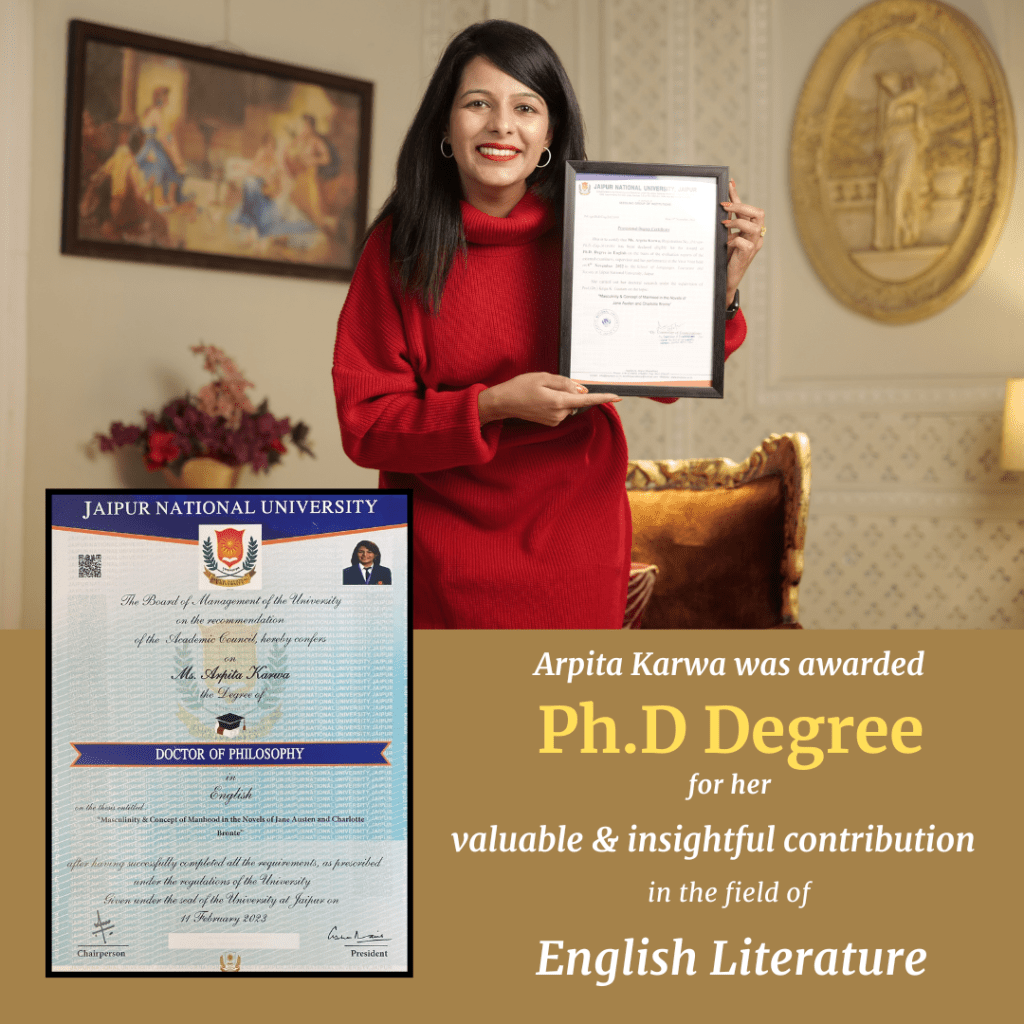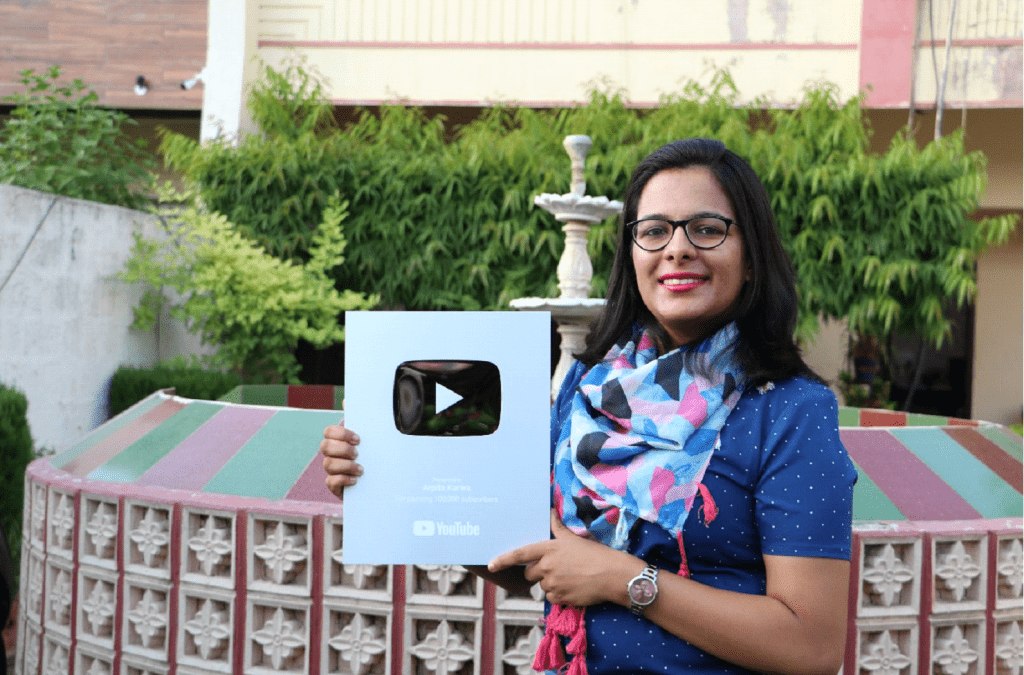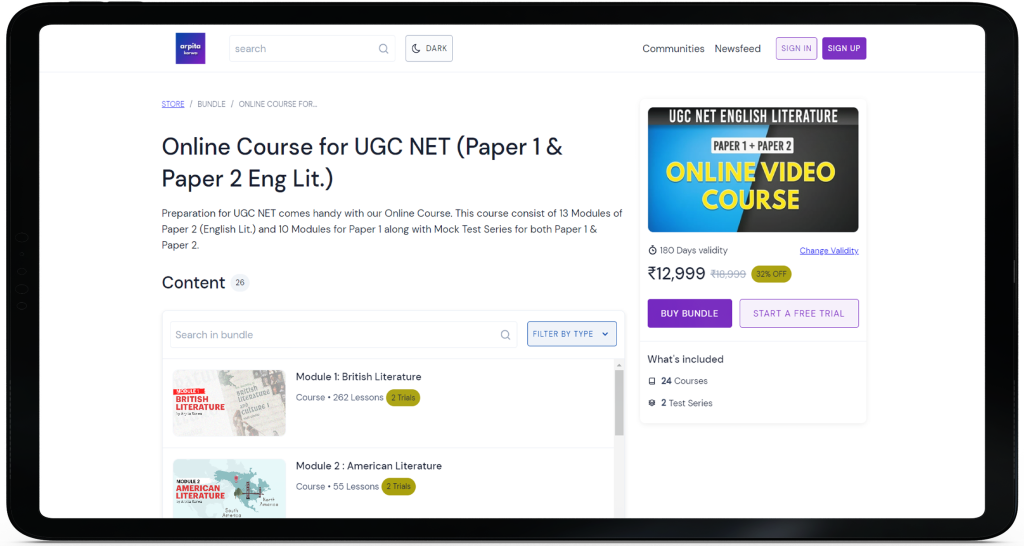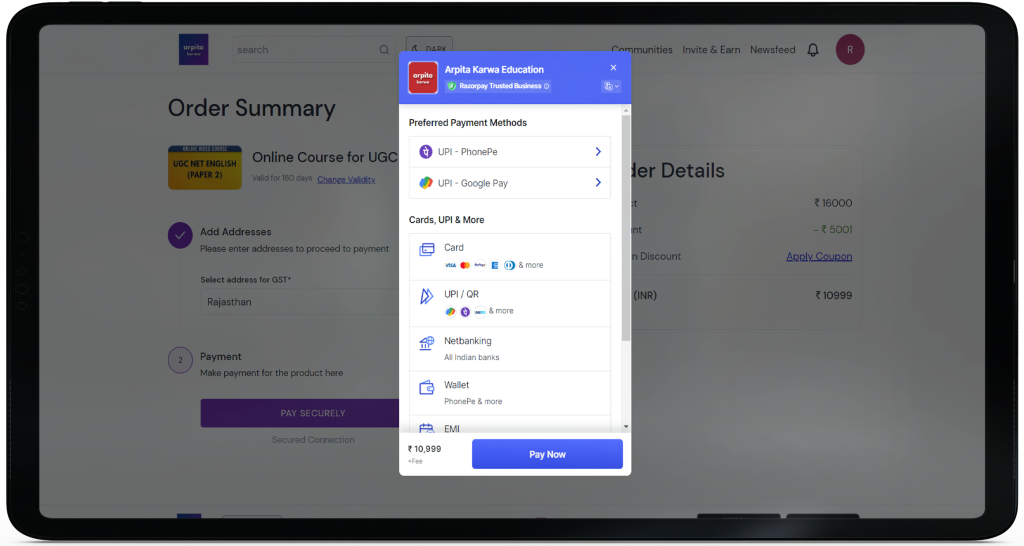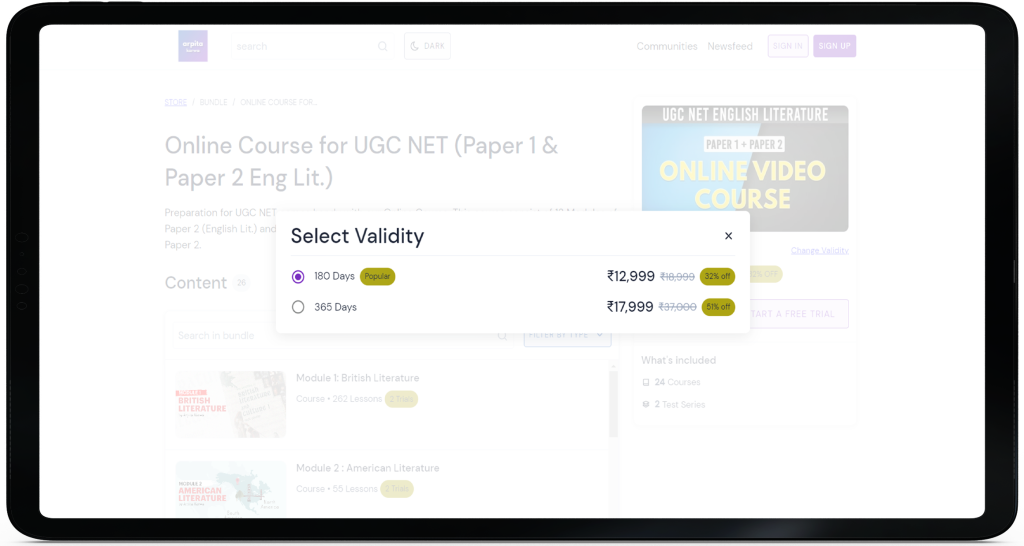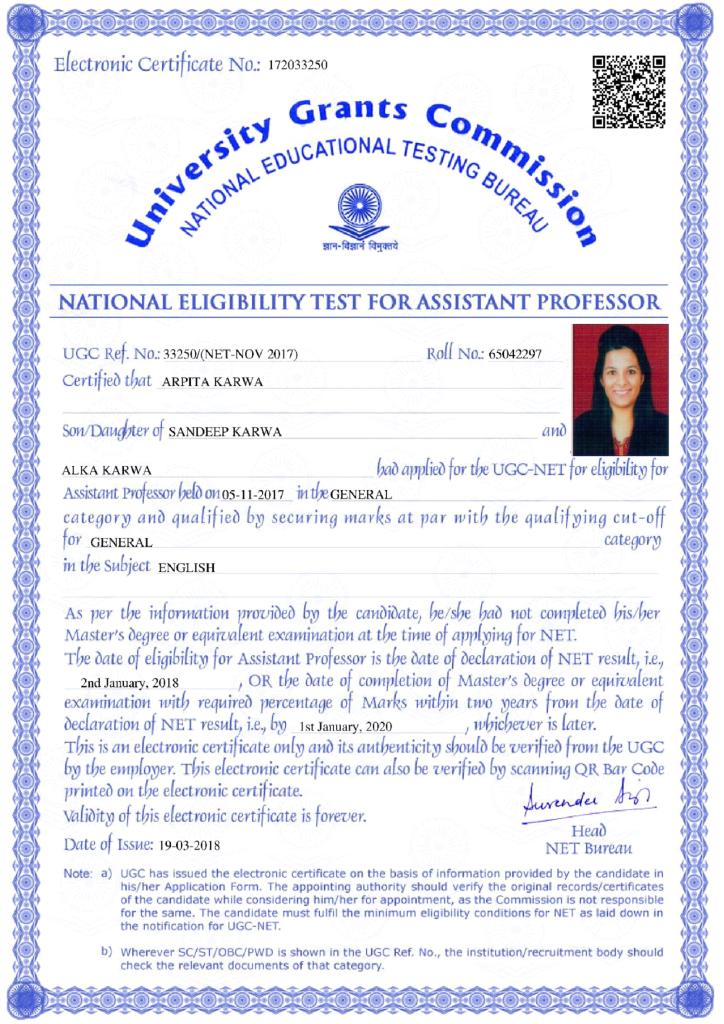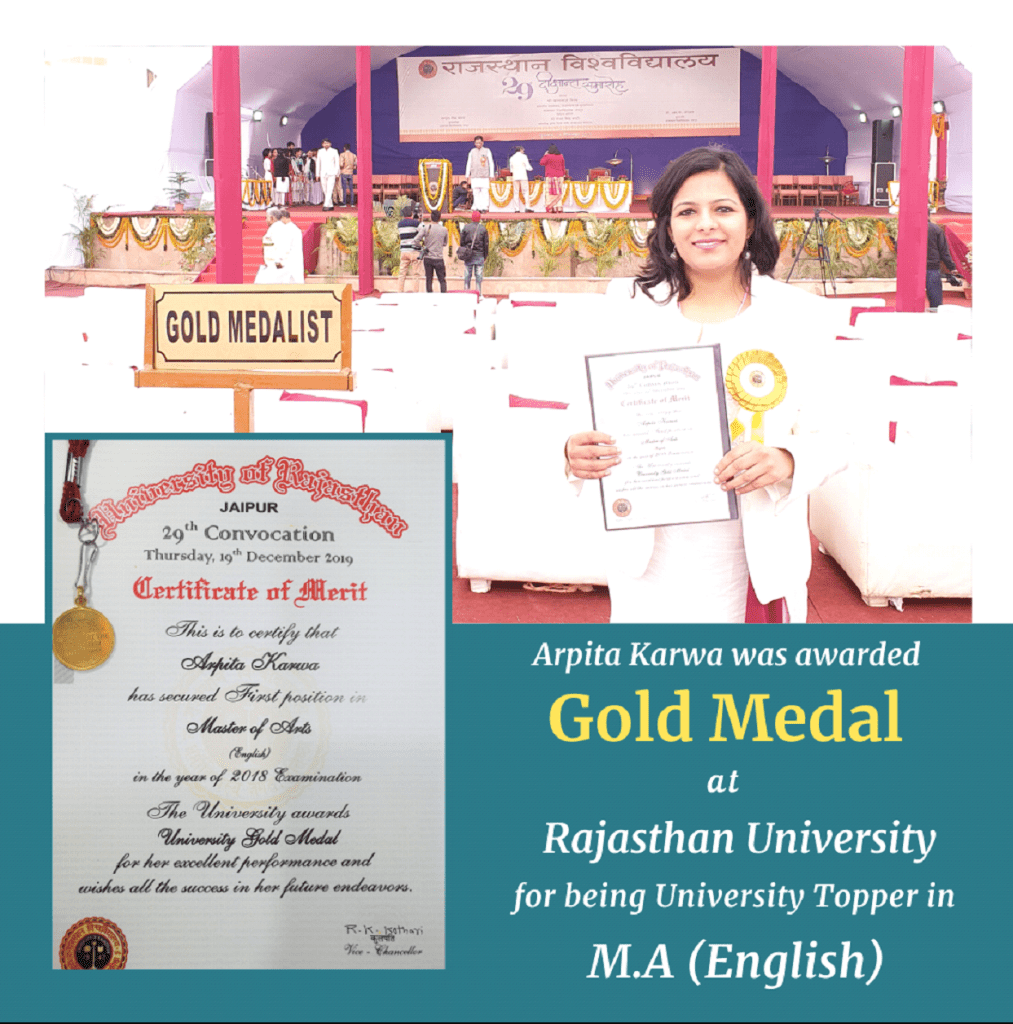Blog
December 11, 2023 2024-03-05 16:40Blog
Blogs
A Comprehensive Guide with the Best Literary Resources for UGC NET in ENGLISH LITERATURE
Important Texts For UGC NET English Preparation
1. MH Abrams’ “Glossary of Literary Terms”
MH Abrams’ “Glossary of Literary Terms” is often considered the holy grail for literature students. This book provides a comprehensive list of literary terms and concepts, making it an essential companion for NET aspirants. It covers a wide range of literary terms, from basic definitions to complex theoretical concepts. The key to mastering this book is to read and reread it, taking notes and creating flashcards for quick reference. Understanding these terms will not only help you in the NET exam but will also enhance your overall knowledge of literature. You can also use like like a literary dictionary, for example if you are reading a theory book and you encounter an unfamiliar literary term, you can just look it up on Glossary.
2. “Oxford Companion for British Literature”
The “Oxford Companion for British Literature” is another crucial resource for NET preparation in English Literature. This book serves as a literary encyclopedia, providing detailed information about authors, literary movements, and historical context. As you prepare for the NET, make it a habit to go to this book and read about the prominent authors and their works. Understanding the historical and cultural background of British literature is essential for answering questions on literary history and criticism. There are times when direct questions from this significant book were asked for NET exam
3. MAR Habib’s “A History of Literary Criticism”
MAR Habib’s “A History of Literary Criticism” is an essential for NET aspirants who want to excel in the section of literary criticism. This book offers a comprehensive overview of the development of literary criticism from ancient times to the present day. To make the most of this resource, it’s essential to read it thoroughly and take notes or highlight on the key theories, critics, and their contributions. Familiarize yourself with the major schools of literary criticism, such as Formalism, Structuralism, and Poststructuralism, as these are often asked about in the NET exam.
4. William J. Long’s “History of English Literature”
William J. Long’s “History of English Literature” is a classic choice for anyone preparing for the NET exam. This book provides an in-depth journey through the history of English literature, from its early origins to the modern age. When studying this book, pay particular attention to the major literary movements, important authors, and their notable works. Additionally, focus on understanding the cultural, social, and historical contexts of each literary period. This knowledge will not only help you answer questions on literary history but also enrich your overall understanding of English literature.
As you dive into these valuable resources, it’s crucial to create a well-structured study plan. NET preparation demands discipline and consistency. Divide your study time into manageable segments, allocating specific time slots for each book. Don’t forget to include practice tests and mock exams in your plan to assess your progress and identify areas that need improvement.
While books are essential for building your knowledge base, practice tests are equally vital for success in the NET exam. Many online platforms including us offer practice papers and mock tests specifically tailored for the NET English literature paper. These tests will help you become familiar with the exam’s format and time constraints. Moreover, they will pinpoint your strengths and weaknesses, allowing you to focus on areas that need improvement.
NET preparation can be an isolating journey, but it doesn’t have to be. Seek guidance from professors, mentors, or fellow students who have already taken the exam. They can offer valuable tips, recommend additional resources, and provide moral support during challenging times.
As the exam date approaches, effective time management becomes critical. Allocate more time to revision and practice tests in the weeks leading up to the exam. Ensure that you’ve covered all the essential topics from the recommended books and have a strong grasp of literary terms, history, and criticism.
Conclusion:
Preparing for the NET exam in English literature can be challenging, but it is also a rewarding journey for literature enthusiasts. By mastering books like MH Abrams’ “Glossary of Literary Terms,” the “Oxford Companion for British Literature,” MAR Habib’s “A History of Literary Criticism,” and William J. Long’s “History of English Literature,” you can build a solid foundation of knowledge and increase your chances of success.
Remember that success in the NET exam is not just about passing a test; it’s about deepening your understanding of literature and literary criticism. So, embark on this journey with dedication, curiosity, and a passion for literature. With the right resources and a well-structured study plan, you can confidently step into the world of literature and achieve your goals. Good luck in your NET exam, and may your love for literature guide you to success!






